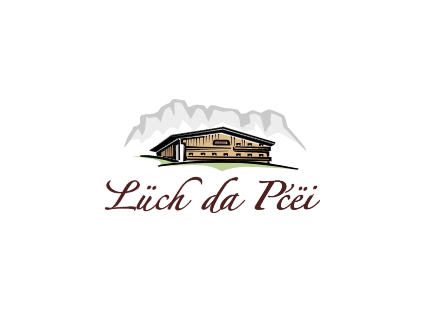Fresh milk and dairy products
Quality you can taste
South Tyrolean milk and dairy products
South Tyrolean
milk and dairy products such as yoghurt, mozzarella or cheese from South Tyrol are produced according to traditional recipes and feature the very latest processing technologies. In accordance to strict quality criteria, all South Tyrolean dairy products have been permitted to bear the
South Tyrolean seal of quality since 2005.
What are the most important quality criteria?
- South Tyrolean milk comes from South Tyrolean mountain farms
- Animal-friendly husbandry
- GMO-free production chain from animal feed to processing
- Guaranteed freshness due to short transport routes: milk is processed daily fresh
- Subject to regular checks by an independent inspection authority

Facts and figures about South Tyrolean milk and dairy products
Altitudes between 800 and 2,000
metres are used for the cows that produce milk with the South Tyrolean seal of quality.
70,000
cows produce South Tyrolean milk.
4,500
South Tyrolean milk suppliers ensure natural and sustainable agriculture.
15
cows are kept per family-run mountain farm on average.
8
young cattle are kept per company on average.
1,700
Alpine pastures characterise the South Tyrolean cultivated landscape, providing the dairy cows with fresh alpine grasses and hay.
Looking for recipes, news and events relating to South Tyrolean milk and dairy products?
Find out more
Where do South Tyrolean dairy products come from?
Each dairy product has its own particular recipe in addition to a long, traditional history. What all products have in common is their base raw material: milk from South Tyrol’s mountain farms. Farmers milk their cows twice per day. Milk tank trucks bring the milk to one of the nine South Tyrolean dairies. The milk is processed here and refined within 24 hours using the latest technology. The South Tyrolean seal of quality guarantees that consumers can purchase high-quality South Tyrolean yoghurt, mozzarella, butter and South Tyrolean cheeses.
What types of South Tyrolean dairy products are available?
Milk
Production: Milk is briefly heated for preservation and homogenisation. This means that the cream is broken down and finely mixed with the milk.
Interesting fact: South Tyrolean haymilk comes from cows with a particularly natural feeding.
Yoghurt
Production: Special lactic acid bacteria, i.e. yoghurt cultures, are added to the milk.
Interesting fact: Yoghurt comes from the Turkish word yoghurmak, which means "to thicken".
Skyr
Production: Skimmed milk is thickened with rennet and lactic acid bacteria.
Interesting fact: Skyr originated in the Middle Ages in Iceland from the attempt to preserve milk for the winter.
Mozzarella
Production: The curd is heated with water at 80° C and then kneaded until the dough is soft and malleable.
Interesting fact: In Campania in the 12th century, a cheese called mozza was produced.
Ricotta
Production: Whey is heated and the proteins it contains coagulate.
Interesting fact: Ricotta is made from whey, i.e. from that which is left over from cheese production.
Cheese
Production: The milk is thickened with rennet or lactic acid bacteria, i.e. it is made to curdle. The solid components, called curd, are separated from the liquid whey and brought into shape. Depending on the variety, the cheese is either ready for immediate consumption or may still need to mature. This can take days or, in the case of some hard cheeses, several years.
Interesting fact: A basic distinction can be made between sour milk cheese (cream cheese) and rennet cheese (soft, semi-hard and hard cheeses).
Butter
Production: Cream is whipped until the fat separates from the liquid and butter grains are formed.
Interesting fact: Traditionally, butter was shaped in wooden moulds. The moulds were carved so that each piece of butter was decorated with flowers, animals and other motifs.
The creators of South Tyrolean milk and dairy products
Our producers

Lüch da Pcei
Milk
39036
St. Kassian bei Abtei/San Cassiano Badia